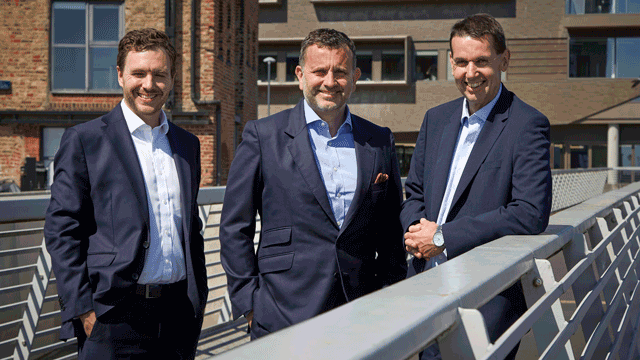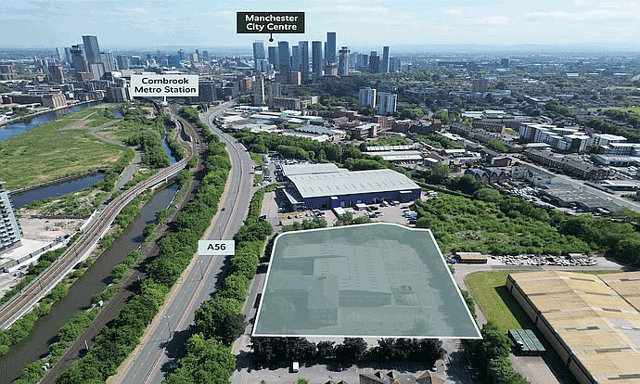HSBC Holdings has become the latest bank to shed its private equity platform as law makers close in on banks’ trading activities. The Volcker rule stops banks from entering simultaneously into an advisory and creditor role with clients, such as with private equity firms.
HSBC sold its Specialist Investment Limited Management to the management, which rebranded as InfraRed Capital Partners. Under the deal, the 28 partners will own 80.1% of the business, while HSBC controls 19.9%. In 2003, HSBC sold its Montagu private equity platform to the management in a similar arrangement. The bank still holds a 19.9% stake.
“[The deal] will not change [our activities] massively,” says Werner von Guionneau, chief executive officer of InfraRed. “It makes us more flexible. We’re no longer part of a large financial organisation with set processes. If you’re a small part of large organisation, it is difficult to react quickly to opportunities. As boutique you can do it faster. This is not so much about transactions as market opportunities as they arise.”
InfraRed manages more than $4bn of equity across a number of funds investing in infrastructure and real estate, employing 110 people in London, Hong Kong, New York and Paris.
Around 30 people are working on the HSBC NF China Real Estate Fund, a 50% joint venture with supermarket giant Tesco in China. The joint venture was created to help build malls, with Tesco hypermarket as anchor tenant, in China.
Since the late 1990s, InfraRed has launched 11 funds, six of which have been completely or materially realised. The fund manager also launched HICL Infrastructure Limited, a listed investment company.
No losses across the funds
None of the funds has lost money, according to Guionneau.
“We are a genuine value add provider,” he says. “We have a direct focus on real estate assets where we can add value through repositioning and not leverage.”
InfraRed’s European and Chinese real estate funds are understood to target gross returns in excess of 20%. It invests on behalf of institutions, family offices and wealthy individuals. In July 2009, InfraRed bought a distressed asset from Hammerson, an 18,000 m2 retail park in Nottingham. The fund manager sold it in September 2010 to Crown Estate after reletting vacant space, implementing development, and indexing and increasing the rents. The deal was done for its European Active Real Estate Fund.
InfraRed is looking to spend the last €200m of equity from this €400m fund. The investment focus is on office, retail and industrial in Germany and Poland. Most of the stock in Germany is coming from UK institutions that bought long-leased assets at the top of the market. The institutions are retreating to their home market and are therefore looking to sell these assets.
InfraRed’s latest deal involves a logistic asset in Hamburg. In April, the company completed the purchase of a 14,221 m2 distribution centre in the area of Billbrook. No financial details were disclosed.
Stuart Jackson, InfraRed’s team head for Asia and Europe, says there are more logistic deals in the pipeline. The fund manager is also looking at secondary offices in Germany that come with shorter leases. It is also looking to buy shopping centres with shorter leases where it can add value. “We will take a letting risk, not a location risk,” says Jackson.
In the UK, InfraRed is exiting its UK Active Property Fund, a £100m fund established in 2003 investing in undermanaged offices, warehouses, storage, industrial estates and retail parks.
Following the buyout, InfraRed is understood to be planning to raise fresh cash. This will be a test to see whether it was the HSBC brand or the management that attracted the investors the most.
www.ircp.com










